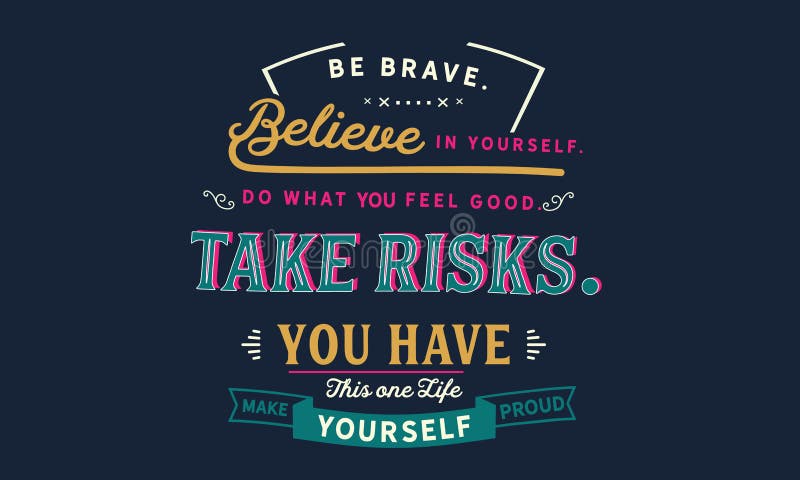
But the Ancient Greeks also valued other qualities, many of which were embodied in Odysseus. Courage, confidence, “spirit”-these were things that came from that big, fleshy, reddish-brown organ in your torso, according to the Greeks.Īchilles, the strongest warrior of the Trojan War, who looms large in the Iliad, had plenty of thumos. The Ancient Greeks believed the liver to be the seat of many emotions that people in today’s world would more readily attribute to the brain or the heart.

In the time of the Iliad-an Ancient Greek epic poem about a hero named Odysseus that describes the last year of the Trojan War-the Greeks called bravery thumos, the Greek word for “liver.” What Is Bravery?īravery is a virtue that was considered fundamental in the ancient world, but what is it, exactly? Is it even relevant today? Let’s take a look. Ever since I read that story, I have marveled at that bystander’s bravery-and her willingness to take action to save someone’s life. If not for the brave bystander who intervened, something horrible might have happened. It turned out the abductor was a registered sex offender recently released from prison and on parole. The bystander acted quickly, blocking the man’s car with her own so he could not speed away. Luckily, a woman driving by saw the interaction and noticed the look of terror on the young girl’s face. She knew better than to get into a car with a stranger, but she had been taught to be polite and respectful to adults. The girl, who was 10 or 11, was confused. He smiled at the girl, used her name-which he had overheard the clerk use at the store-and told her to get in the car. Her daughter was walking home with the purchases when a stranger in a car pulled to the curb beside her.



A mom had sent her daughter to the corner grocery store to buy some bread and milk. When my children were little, I read a story in a magazine that stopped my heart.


 0 kommentar(er)
0 kommentar(er)
